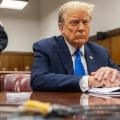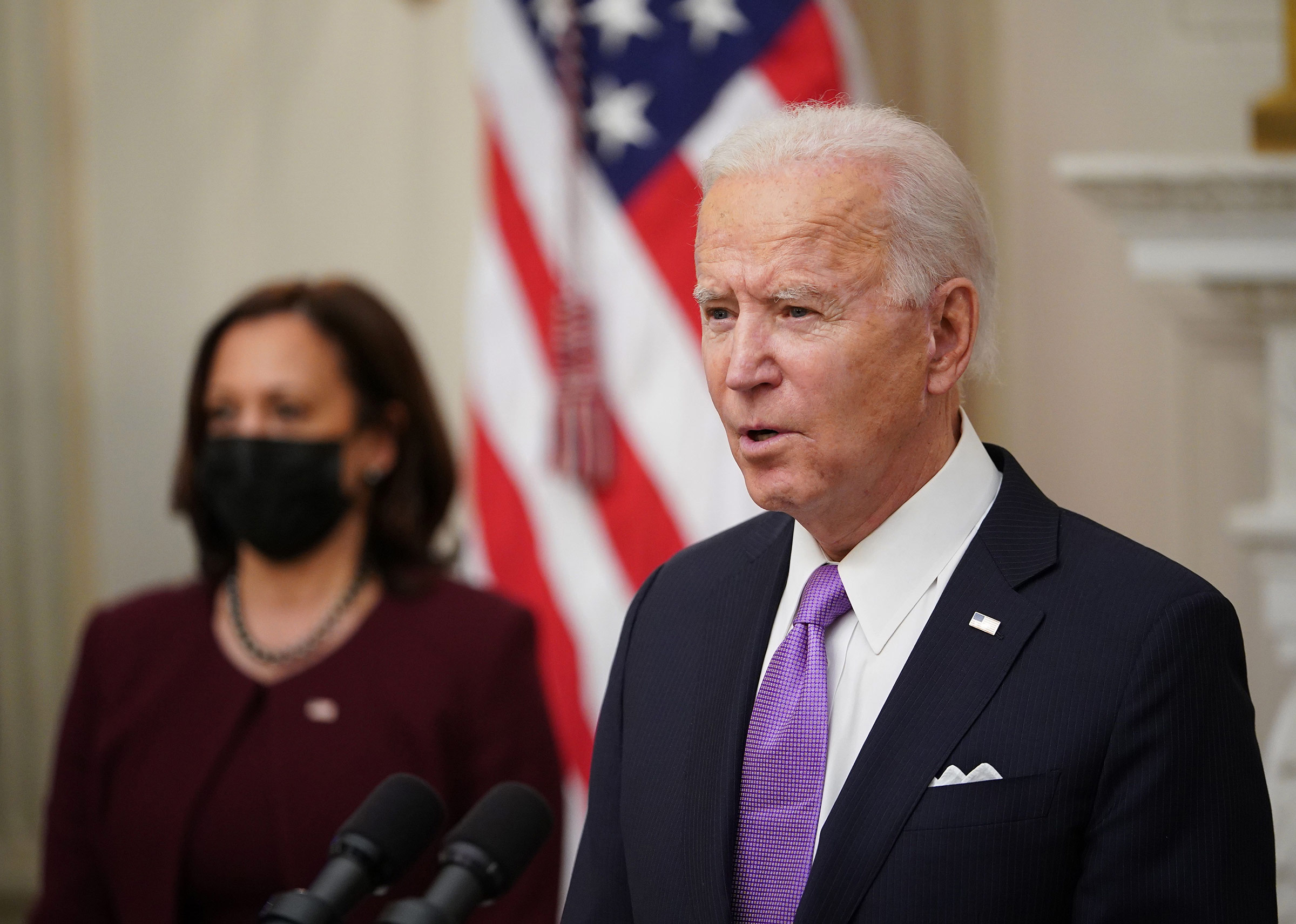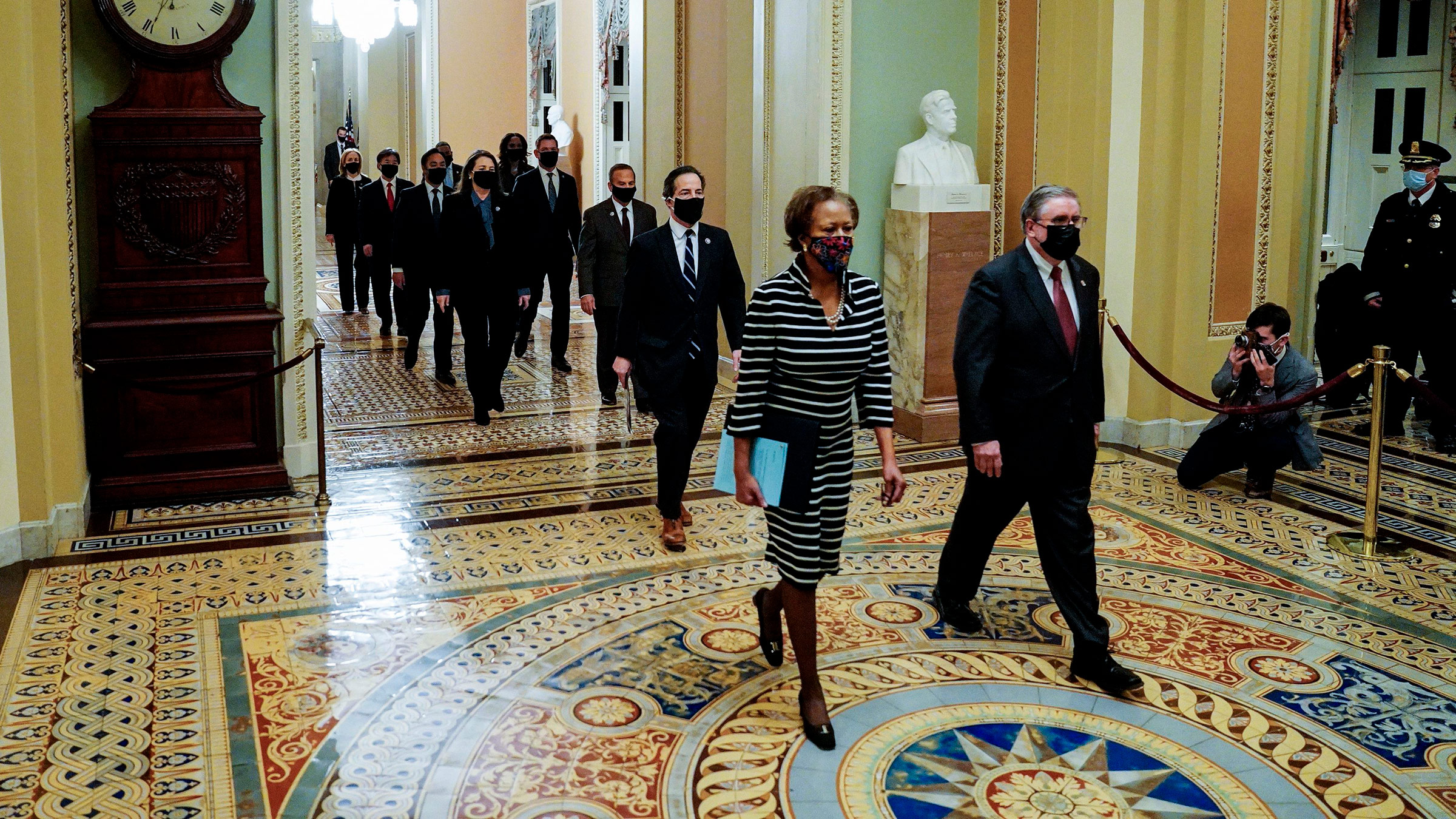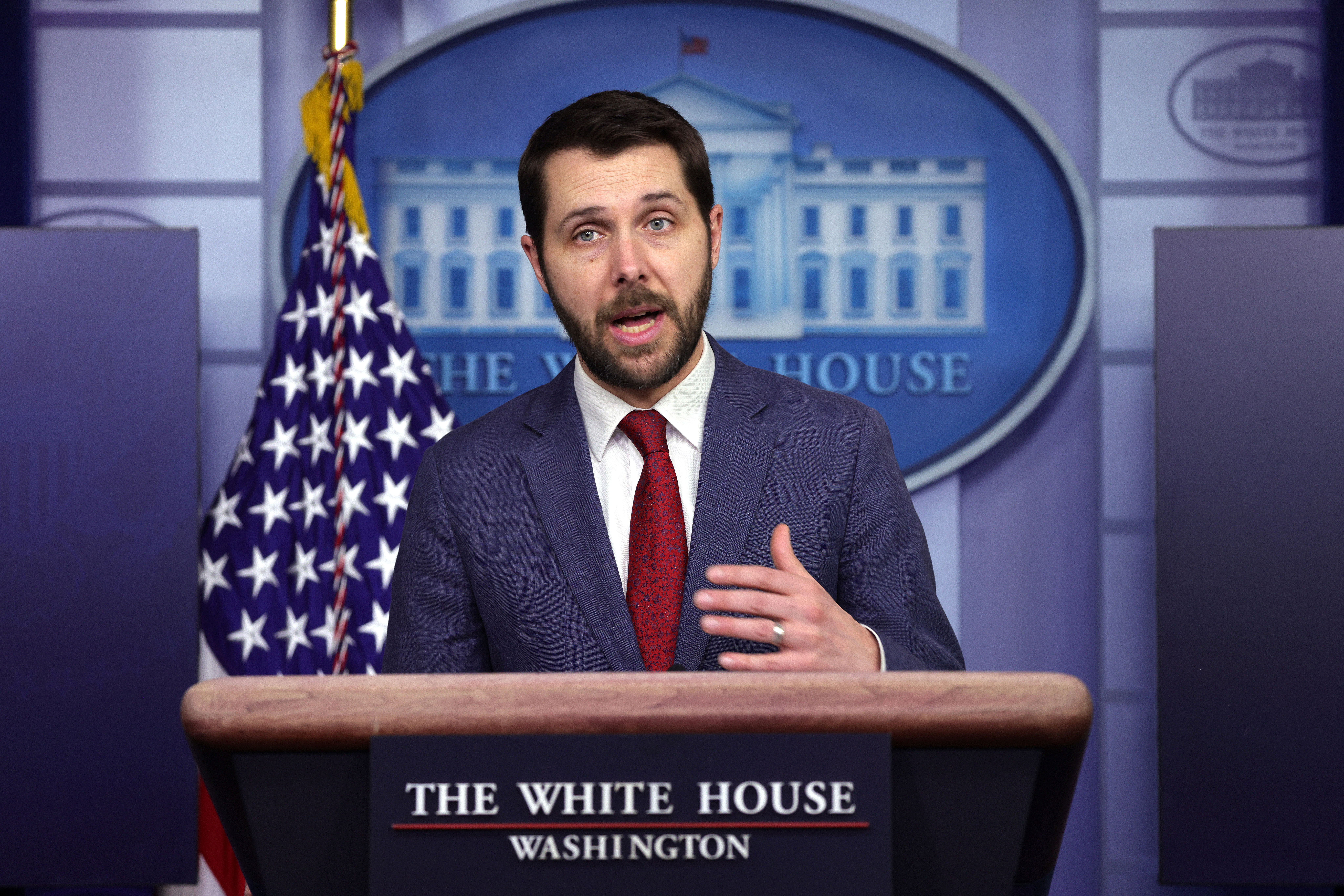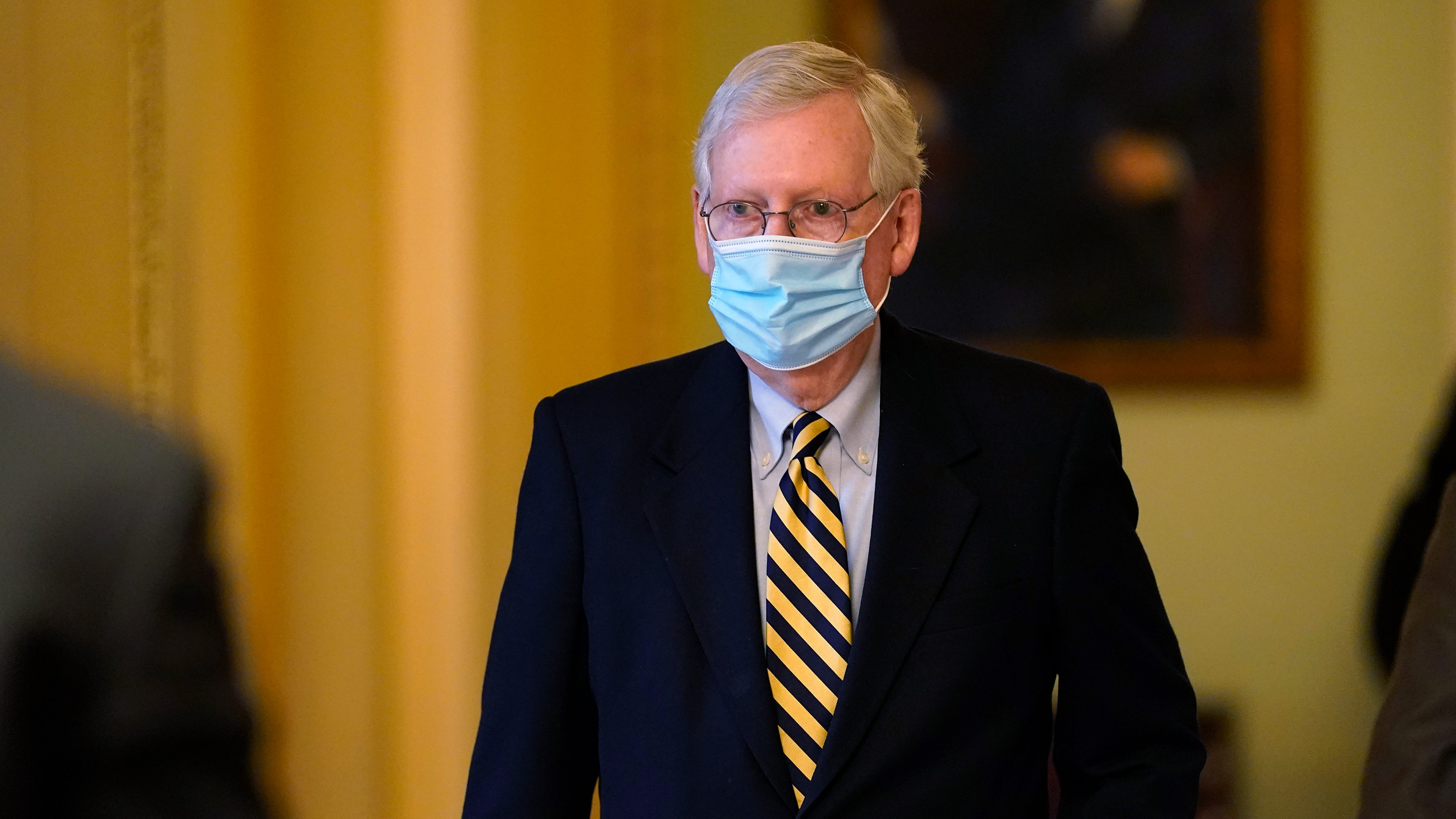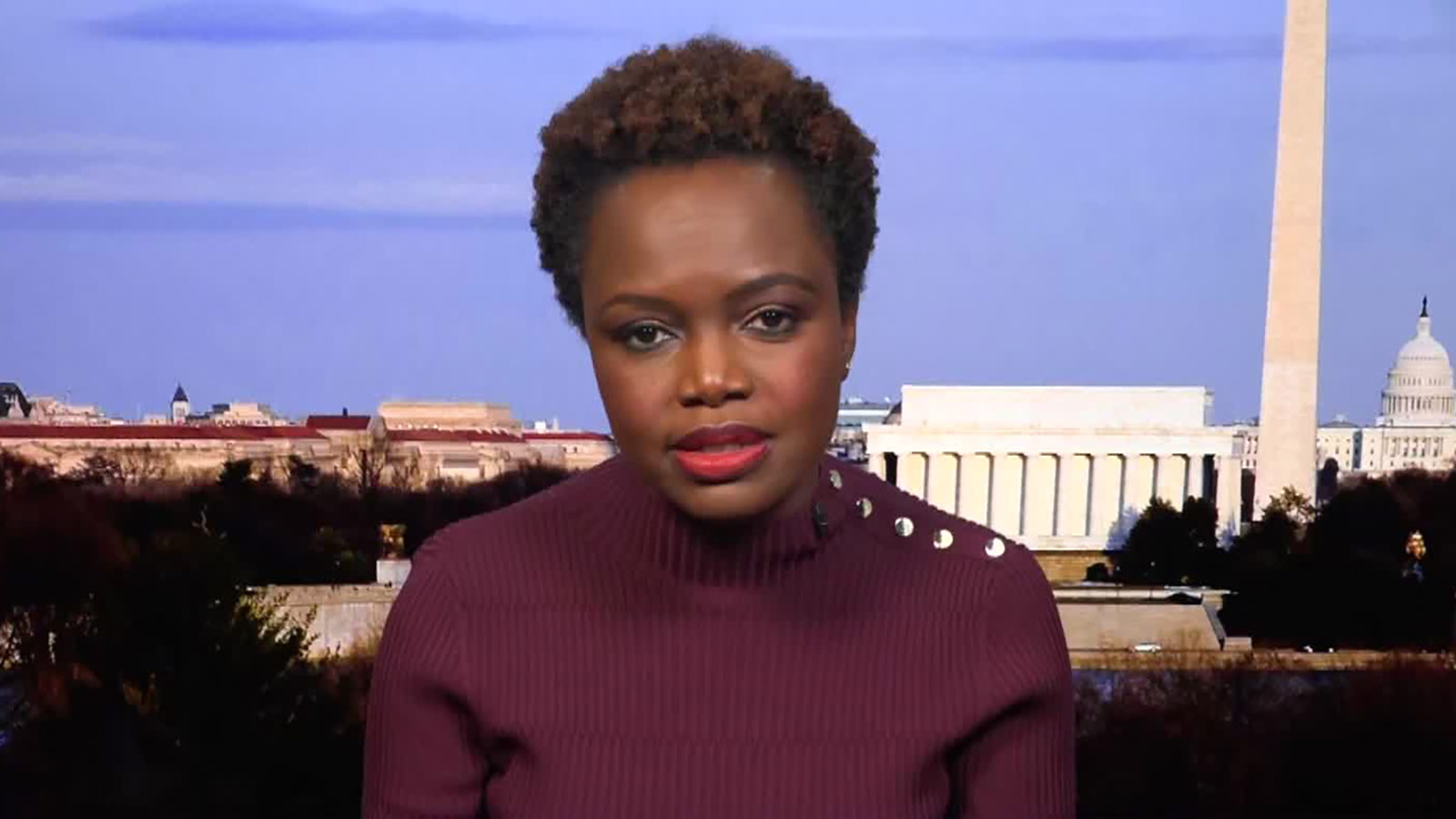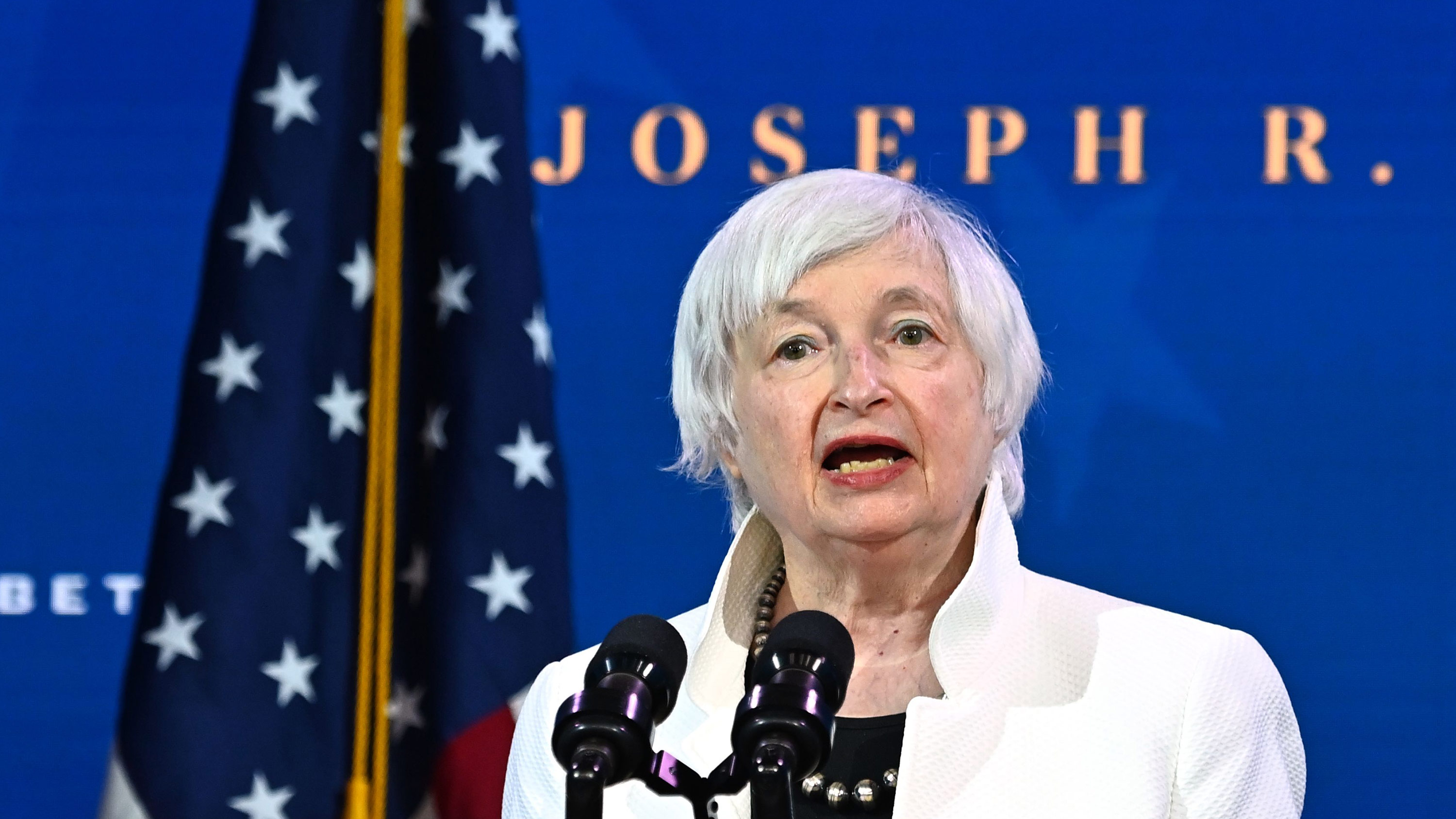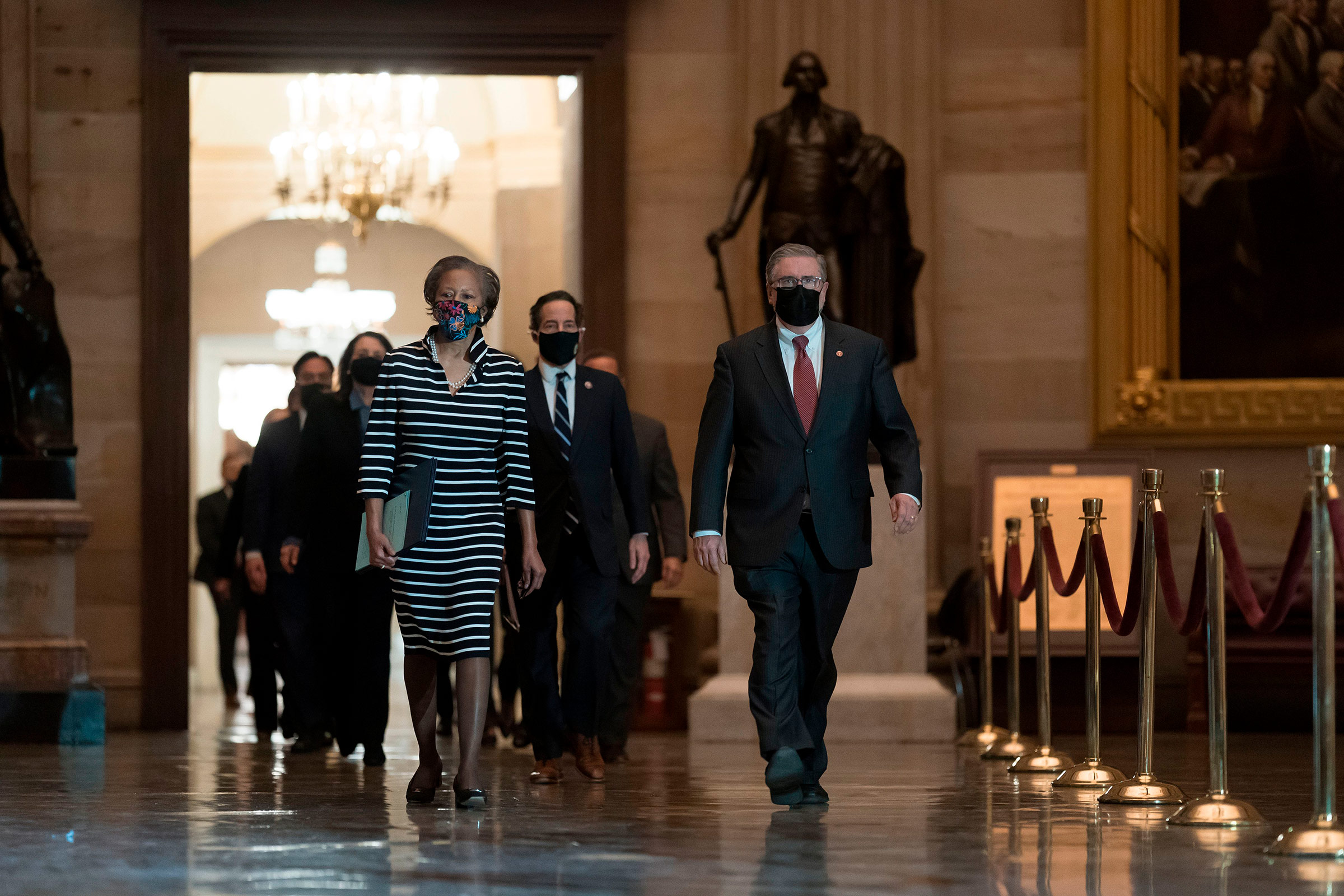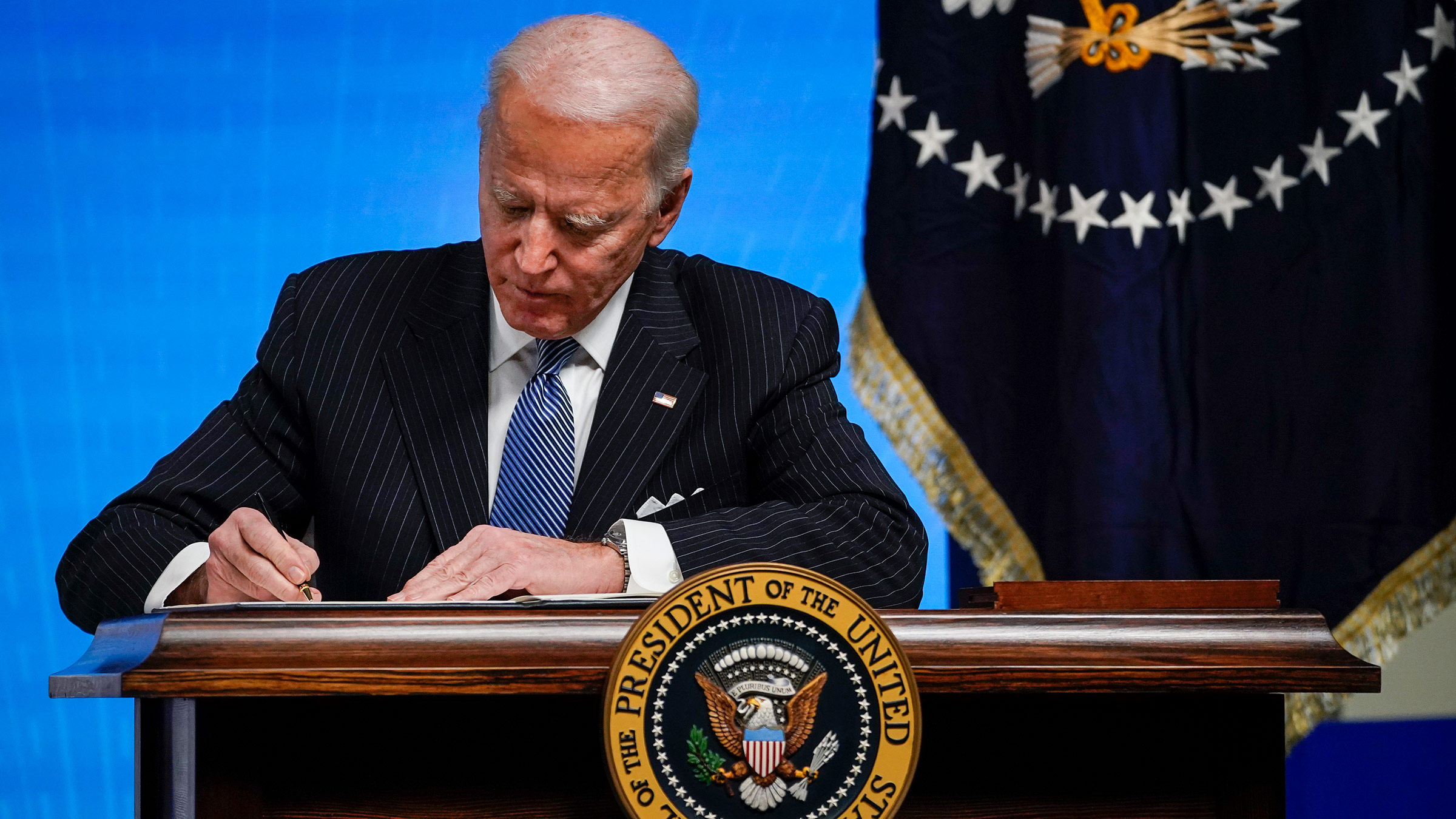Senators will be formally sworn in this afternoon as jurors for the second impeachment trial of former President Trump.
On Monday the House impeachment manager – a group of Democratic lawmakers who will act as prosecutors presenting the case against Trump during the trial – delivered the single article of impeachment to the Senate. The article, approved by the Democrat-led House, charges Trump with incitement of insurrection for provoking the attack on the US Capitol that left multiple people dead.
But the Senate impeachment trial itself won't get underway until the week of Feb. 8. Senate Majority Leader Chuck Schumer and Minority Leader Mitch McConnell reached a deal last week to push back the start date for the substance of the proceedings. That move will give Democrats more time to confirm Biden's Cabinet and potentially take up a new Covid-19 relief bill while Trump's defense team will have more time to prepare for trial.
Here are some key things to know about what happens next in the trial:
The Supreme Court wants to move on. When the trial does get underway, one important no-show is expected to be Chief Justice John Roberts, who normally has a duty under the Constitution to preside over a presidential impeachment trial. This time, however, since Trump is a former president, Roberts will skip the proceedings and Sen. Patrick Leahy, the chamber's ranking Democrat, will hold the gavel.
Roberts' court also declined Monday to hear whether Trump's hotels in DC and New York violated the Constitution's emoluments clause by accepting money from foreign governments. The court said the question about a president being enriched by foreigners is moot since voters have already shown Trump the door.
Republican lawmakers want to move on. The refrain growing on Capitol Hill among Republicans is not so much that Trump's incitement of the mob that stormed the US Capitol was good conduct. It's why bother with this impeachment trial?
"I think so many are getting confused by the fact that we're doing this," said Indiana Republican Sen. Mike Braun.
It seems clear there will be Republicans who support convicting Trump in the first-ever post-presidential impeachment — Utah Sen. and former Republican presidential nominee Mitt Romney, Maine Sen. Susan Collins, Nebraska Sen. Ben Sasse — but the number, for now, appears to be on track to fall well short of the necessary 17 to reach the necessary two-thirds majority.
There must be accountability. Romney, the one senator who broke with Trump on the Ukraine impeachment last year, certainly sounds like he could ultimately vote to convict Trump again.
"And, you know, if we're going to have unity in our country, I think it's important to recognize the need for accountability, for truth and justice," he said on Fox News Sunday, arguing there is a need for a Senate trial.
Read more here.
